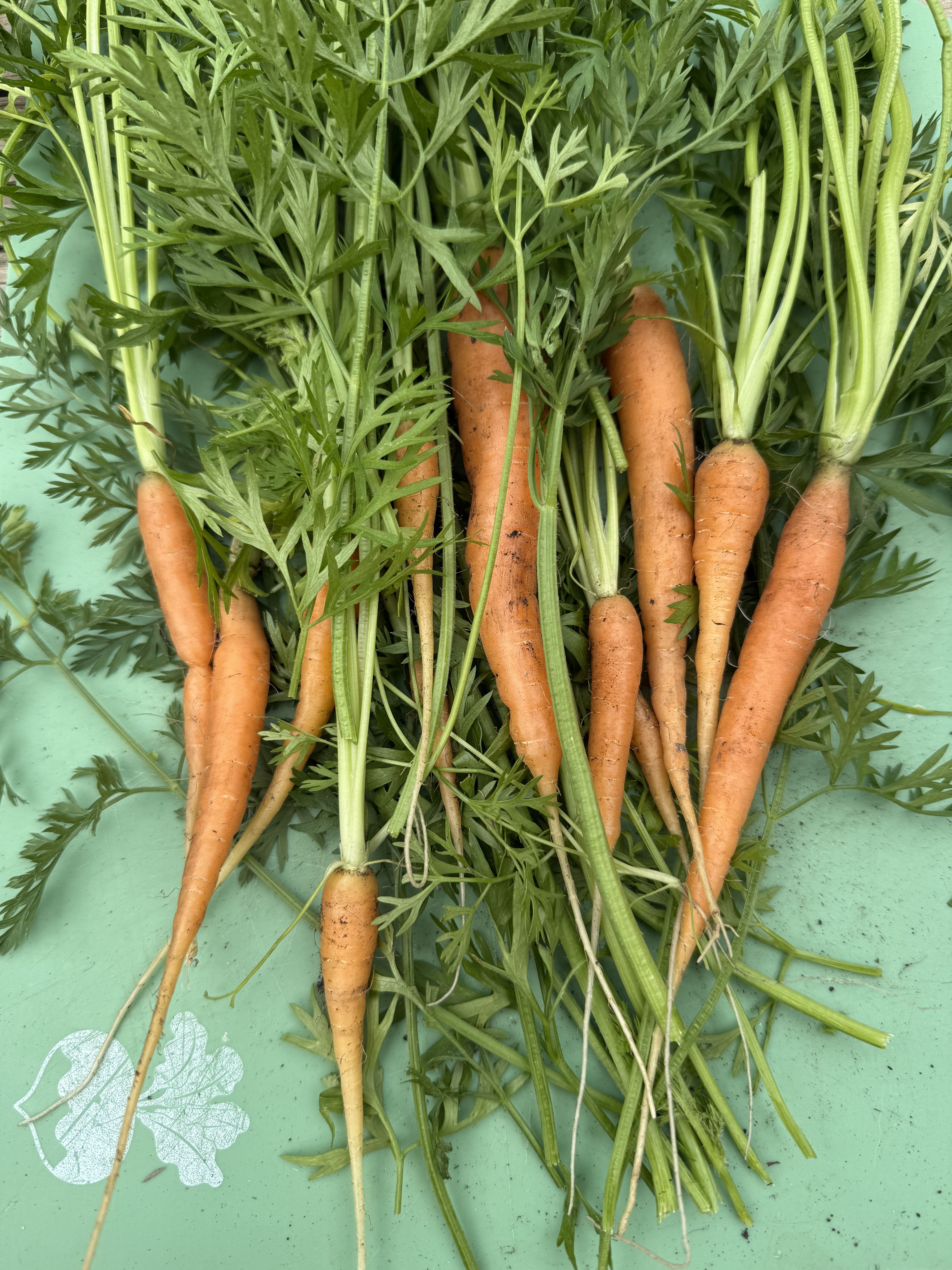How I Break the Overthinking Cycle and How You Can Too!

Overthinking is a common challenge for many high achievers, often leading to a cycle of stress and stagnation. Embracing creative outlets like gardening can be a powerful solution, offering a refreshing form of nature therapy that encourages mental reset and personal growth. As a professional advisor, I’ve come to realize that stepping away from the constant hustle to engage in hands-on activities not only eases the burden of overthinking but also builds a sense of accomplishment by embracing imperfection. Gardening for mental health has turned my daily routine into a meaningful practice that clears the mind and rejuvenates the spirit. In this post, I’ll share practical insights and personal stories that illustrate how cultivating a garden can spark both professional and personal development.
Breaking the Overthinking Cycle
Overthinking can feel like a relentless loop, draining mental energy and stopping productive thoughts in their tracks. It’s essential to break this cycle with intentional actions that shift focus and provide release. Let’s explore how discovering creative outlets and engaging with nature can offer therapeutic relief for busy minds.
Discovering Creative Outlets
Creative outlets offer a break from the mental clutter. When you dive into activities like painting, photography, or gardening, your brain shifts from analytical to creative thinking. This shift promotes a sense of calm and helps you to refocus.
Gardening, for example, provides a chance to connect with nature, encouraging a mindful state. According to Psychology Today, engaging with nature can lift mood, reduce stress levels, and improve overall well-being.
Review any gardening forum, and you’ll see that nurturing plants can lead to profound insights and personal growth. The key takeaway is to find a creative outlet that resonates with you, offering a sanctuary from overthinking.
Nature Therapy for Busy Minds

Nature therapy is a simple yet profound method to calm a busy mind. By immersing yourself in natural surroundings, you allow your senses to reset and your mind to wander freely, which can be incredibly refreshing.
Step outside and take a moment to observe your surroundings.
Engage with the environment by touching plants or listening to birds.
Breathe deeply and let your thoughts flow without judgement.
The National Library of Medicine highlights the psychological benefits of interacting with nature, noting improvements in cognitive function and mood stability. Whether through gardening or a simple walk in the park, nature therapy provides a restorative experience.
Personal Growth Through Gardening
Gardening is more than just planting seeds; it’s a journey of personal growth. Through the cycles of sowing, nurturing, and harvesting, you learn valuable lessons in patience, adaptation, and resilience.
Embracing Imperfection
In gardening, imperfection is not only accepted but celebrated. Crooked carrots or uneven blossoms remind us that beauty lies in variety and individuality.
By embracing these natural imperfections, you shift your mindset from seeking perfection to appreciating progress. This philosophy can be applied to personal and professional challenges, fostering resilience and flexibility.
As shared on Naked Sustainability, embracing imperfections in gardening can lead to a more fulfilling and mindful practice. This approach encourages a healthier perspective on success and achievement.
Small Steps to Big Impact

Gardening teaches that small steps yield significant outcomes. Each minor effort, from watering to weeding, contributes to the garden’s growth and vitality.
Consistency is key: Regular, small actions add up over time, leading to substantial progress.
Celebrate small victories: Acknowledge and appreciate each milestone, no matter how minor it may seem.
Adapt and learn: Use each experience as a learning opportunity to refine your approach.
By focusing on small, manageable actions, you can achieve big impacts in both your garden and personal growth. This practice of mindfulness and appreciation can be transformative and rewarding, as shared by numerous gardening enthusiasts and mental health advocates.



